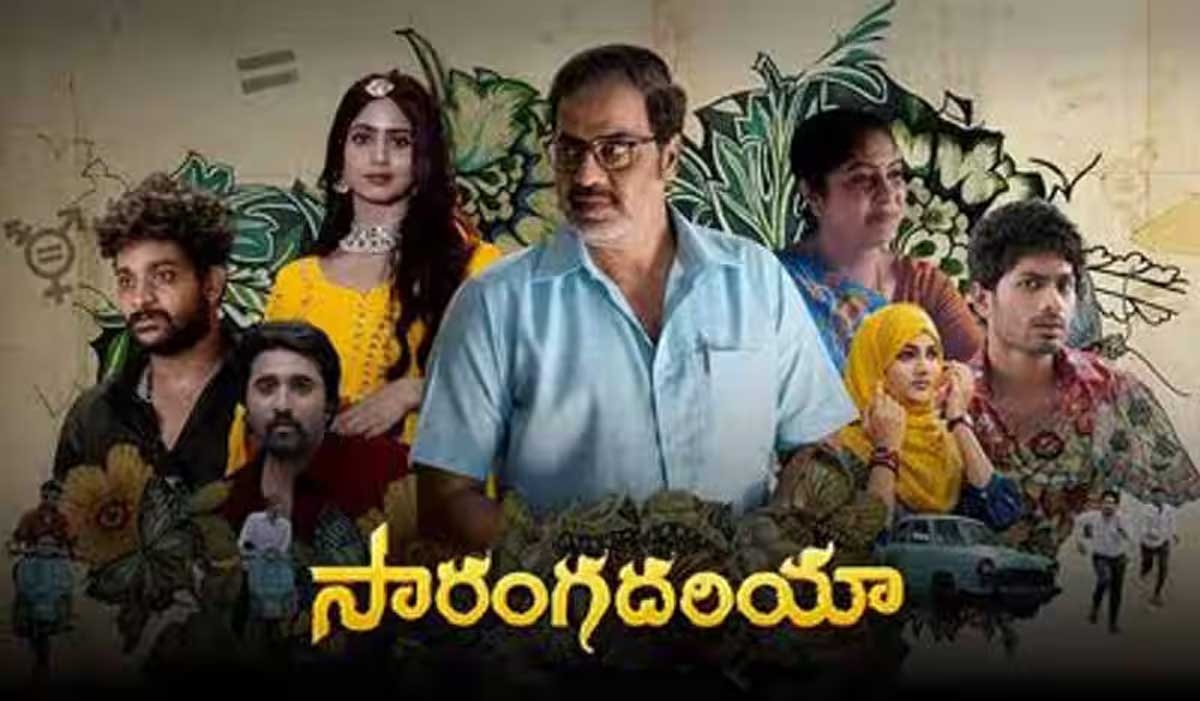
Saranga Dhariya story highlights the family bonding and how they deal with the adverse conditions and over come the social stigma associated with it.
Story
Krishnakumar (Raja Ravindra) works as a lecturer in a private engineering college and leads a secluded life with his wife Lakshmi (Neela Priya Devulapalli), sons Arjun (Moin Mohammad) and Sai (Mohit Pedada), and daughter Anupama (Yashaswini Srinivas). He is already struggling with huge debts and the errant behavior of his sons, Arjun and Sai, who are caught in tumultuous romantic relationships. Their lives take a drastic turn when a startling truth about his daughter Anupama is revealed. How this revelation impacts their lives and connects to Raju (Shivakumar Ramachandravarapu), millionaire Batley (Srikanth Iyengar), Fathima (Madhu Latha), and College Head Murthy (Harsha Vardhan) forms the crux of the story.
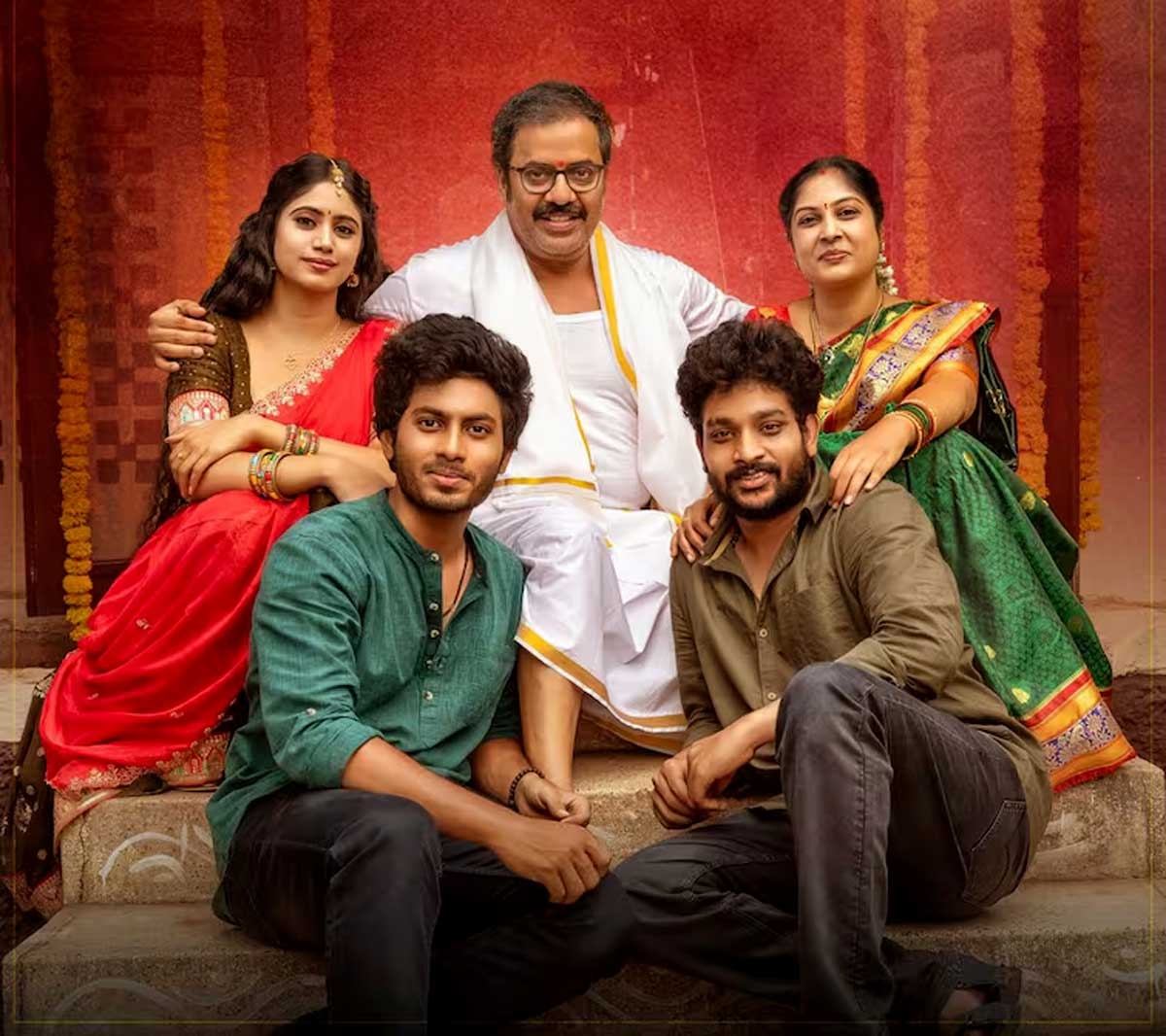
Analysis
Raja Ravindra delivered a natural and intense performance as the father who goes to great lengths to protect his family. His subtle expressions and emotions effectively carried the film. Neela Priya Devulapalli, who played his wife, was equally convincing and delivered a natural performance.
Moin Mohammad, who portrayed the elder son, had limited scope beyond his drinking scenes. Similarly, Mohit Pedada, as the younger son, was confined to the role of a lover boy.
Yashaswini Srinivas stood out as the daughter, convincingly expressing pain and grief, and portraying the emotional turmoil of being targeted by society and overprotective family members. Madhu Latha was endearing in her looks, while Srikanth Iyengar and Harsha Vardhan played their typical roles well. Shivakumar Ramachandravarapu was adequate in his role, and the supporting cast performed according to their roles.
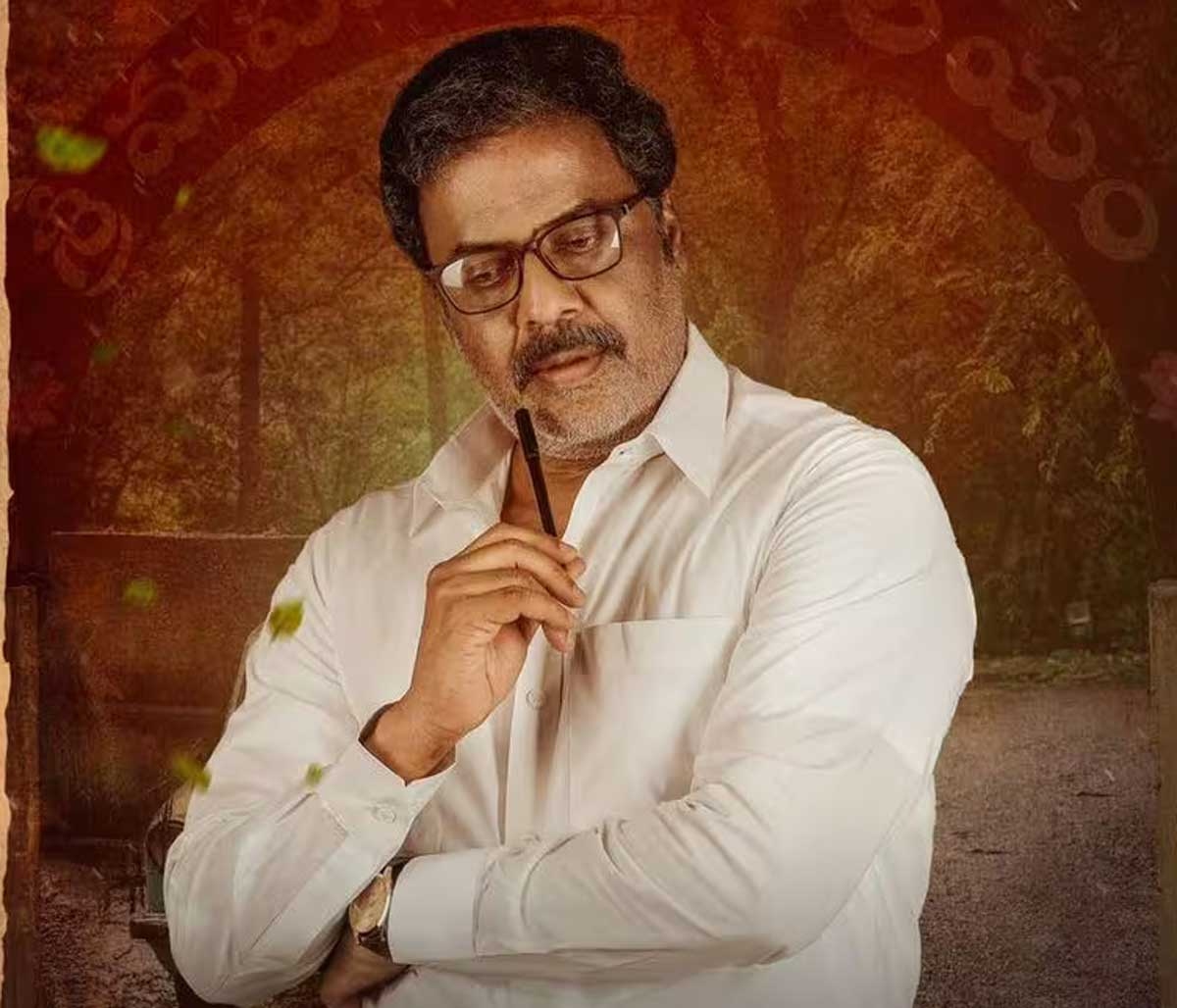
Director Padmarao Abbisetti tackled the sensitive issue of transgender identity. The first half depicted the struggles of a middle-class family, leading up to a shocking twist at the interval. However, the scenes were predictable and reminiscent of a soap opera, featuring drunkard sons, a debt-ridden father, a harassed daughter, and a suffering wife.
The second half focused on societal reactions to a transgender family member and the family's fight to overcome internal and external obstacles, showcasing their resilience. While the transgender twist added an element of surprise, the story became predictable, with the director delaying the core issue. A few powerful dialogues stood out, but the film overall lacked impact, with a flat screenplay and direction.
Ebenezer Paul's music and background score were mediocre and failed to leave a lasting impression. Siddharth Swayambhu's cinematography was decent, attempting to capture scenes realistically. However, Rakesh Reddy's editing left many scenes dragging, slowing down the narrative. Production values were average.
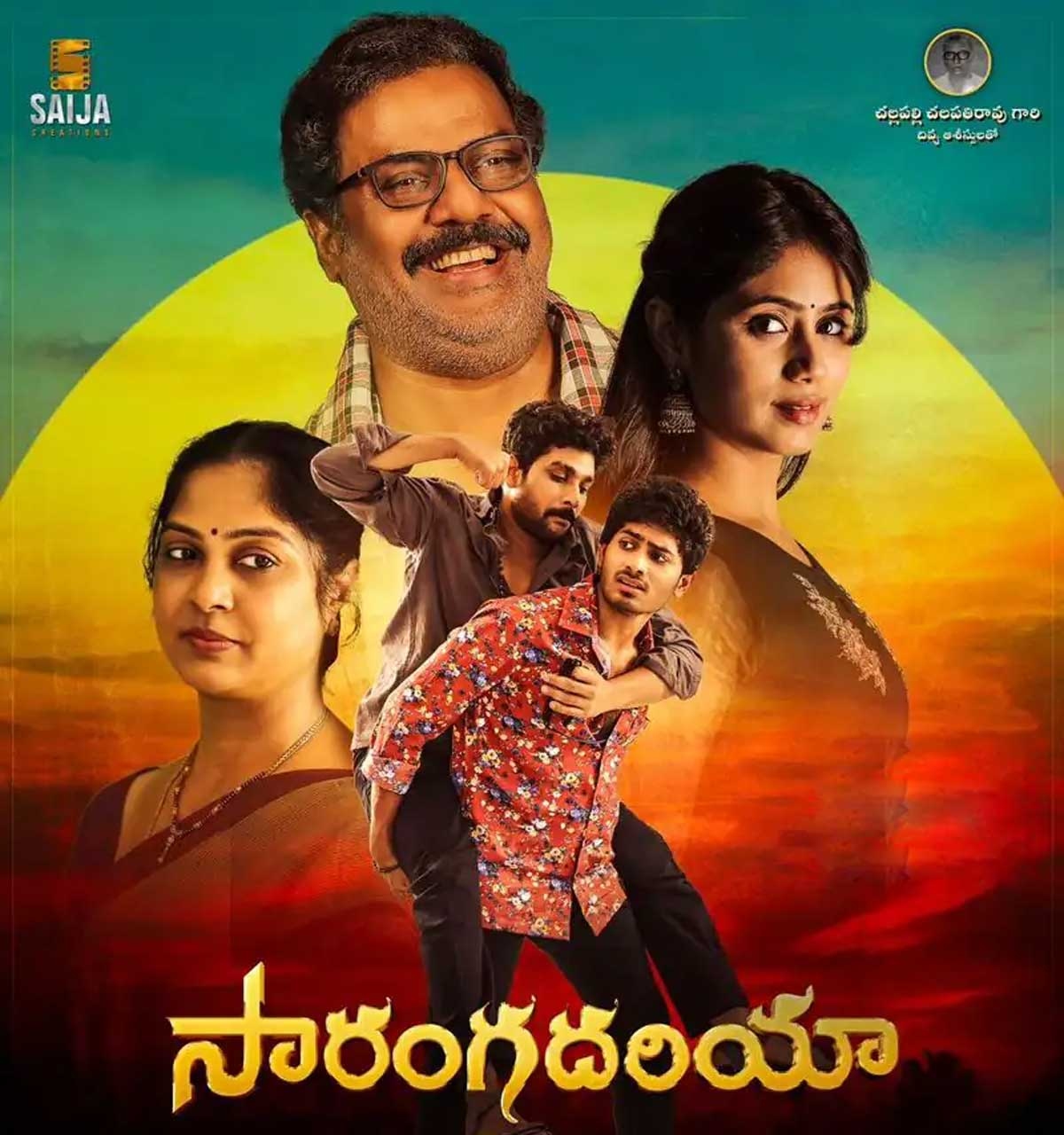
Verdict
"Saranga Dhariya" bravely tackles the sensitive issue of transgender identity and the societal struggles they face. The director deserves commendation for choosing this impactful and often-ignored topic, and for depicting the emotional turmoil experienced by both the transgender individual and their family with genuine sensitivity.
The film's strength lies in its nuanced portrayal of familial love and the pain of acceptance. The director masterfully captures the complex emotions of the family, showcasing their struggle to understand and support their transgender child. This authentic depiction resonates deeply with viewers and sheds light on the complexities of familial relationships in the face of societal pressures.
However, the film's pacing and execution could benefit from some refinement. The narrative, at times, falls into a predictable pattern, slowing down the overall momentum. The routine scenes, while serving to establish the characters' daily lives, might benefit from a more concise treatment, allowing for greater emphasis on the emotional core of the story.
A more dynamic screenplay, incorporating elements of suspense or unexpected twists, could elevate the film's impact. The director's initial vision is commendable, but a tighter script with a more focused narrative arc would enhance the film's overall appeal and effectiveness.
By implementing these adjustments, "Saranga Dhariya" could become a truly powerful and unforgettable film. It has the potential to provoke meaningful conversations about gender identity and acceptance, while showcasing the resilience of families facing adversity. The director's commitment to this crucial theme deserves praise, and with some fine-tuning, the film can reach its full potential.
Rating: 2.5 / 5.0
Showcase your talent to millions!!
తెలుగు Movie Reviews
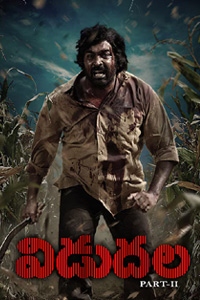 Vidudala Part-2
Vidudala Part-2
 UI
UI
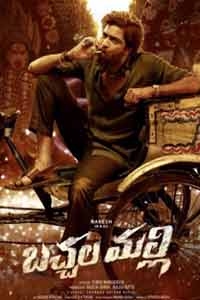 Bachhala Malli
Bachhala Malli
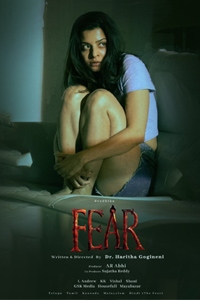 Fear
Fear
 Pushpa 2: The Rule
Pushpa 2: The Rule
 Devaki Nandana Vasudeva
Devaki Nandana Vasudeva




Comments